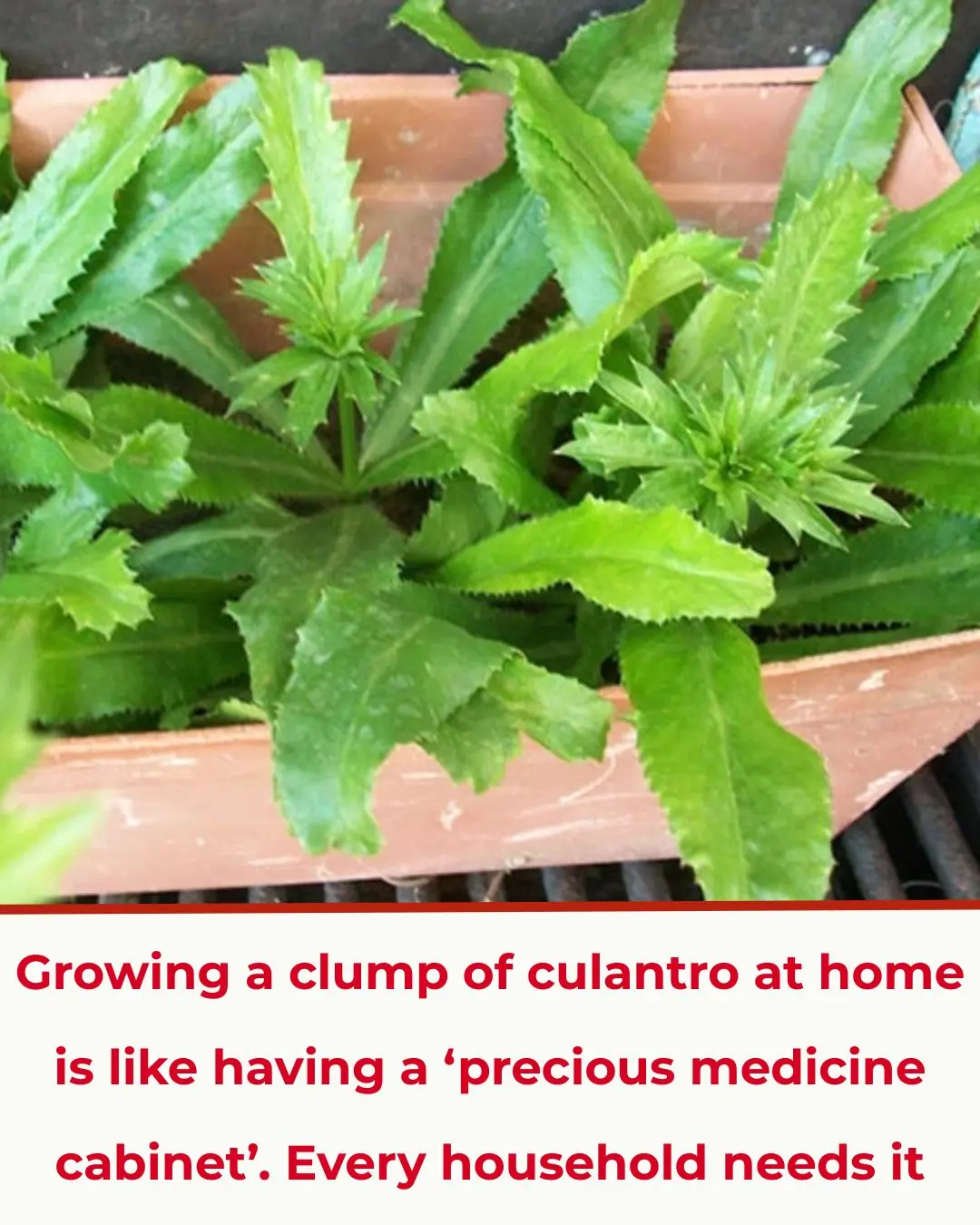
10 Foods Cancer Cells “Love” – and Why Eating Them Daily Could Be Risky
Cancer doesn’t appear overnight — it develops quietly over time, often fueled by what we eat every day. While we often blame pollution or chemicals, our daily diet can play a much bigger role in promoting or preventing cancer.
Cancer cells metabolize energy differently from healthy cells. They consume glucose rapidly to grow and spread, which means certain foods can create the ideal conditions for tumors to thrive. Below are 10 common foods and drinks that research has linked to a higher cancer risk — some of which people unknowingly eat every single day.
1. Moldy or Rotten Fruit
According to the International Agency for Research on Cancer (IARC), moldy fruits can contain patulin and ochratoxin A, two toxins produced by molds like Penicillium patulinum. These substances are classified as possible carcinogens and can cause liver and kidney damage over time (WHO, 2020).
Even if you cut off the visibly rotten part, mold spores and toxins can spread invisibly through the fruit’s flesh. Other molds, such as those producing aflatoxin (found in spoiled sugarcane, dried figs, or raisins), are strongly carcinogenic and can cause acute poisoning and liver cancer.
👉 Tip: Always discard moldy fruit completely — the “just a little spot” mindset can be dangerous.
2. Pickled Vegetables
Pickled vegetables, though flavorful, can be harmful when eaten frequently. A large-scale study published in the British Medical Journal (2023) followed over 440,000 adults and found that those who regularly consumed pickled vegetables had a 45% higher risk of esophageal cancer compared to those who rarely ate them.
The culprit? Nitrites and nitrosamines formed during fermentation. These compounds can irritate and damage the esophagus and stomach lining, leading to long-term cellular changes.
3. Greasy and Fatty Foods
Diets high in fried or oily foods have been strongly associated with colorectal cancer, according to the American Cancer Society. Carcinogenic compounds dissolve easily in fat, which increases their absorption in the intestines.
Furthermore, high-fat diets increase the secretion of bile acids, which can irritate intestinal walls and trigger inflammation — conditions that may eventually lead to tumor formation (Harvard Health Publishing, 2022).
4. Scalding Hot Drinks
You might want to let your tea or coffee cool before sipping. The IARC classifies beverages hotter than 65°C (149°F) as “probably carcinogenic to humans” (Group 2A). Repeated thermal injury to the esophageal lining can lead to chronic inflammation, thickening of tissues, and eventually, esophageal cancer (The Guardian, 2019).
Experts recommend drinking beverages below 60°C and allowing hot soups or drinks to cool slightly before consumption.
5. Sugary Beverages
A study published in the British Medical Journal (2019) involving over 100,000 adults found that drinking just 100ml of sugary drinks daily increased overall cancer risk by 18%, and breast cancer risk by 22%.
High sugar intake contributes to obesity and insulin resistance — both of which are well-known cancer risk factors (National Cancer Institute). Even natural fruit juices can contain concentrated sugars that spike insulin and feed rapidly growing cells.
👉 Better choice: Stick with water or unsweetened herbal tea.
6. Alcohol
Alcohol is a Group 1 carcinogen — the same category as tobacco — according to the World Health Organization (WHO). Even moderate drinking can damage liver cells, raise estrogen levels, and increase the risk of cancers such as liver, breast, esophageal, and colorectal (CDC, 2022).
No amount of alcohol is considered completely safe. Health authorities now emphasize “less is better, none is best.”
7. Processed Meats
Ham, bacon, sausages, and smoked or canned meats often contain nitrates and nitrites used for preservation and color. Once inside the body, these chemicals can convert into nitrosamines, which are potent carcinogens linked to stomach and colorectal cancer (WHO, International Journal of Cancer, 2018).
Additionally, processed meats are typically high in sodium, which can damage the stomach lining and raise gastric cancer risk.
8. Excess Red Meat
Red meat (beef, pork, lamb) is rich in protein and iron but also high in saturated fat and heme iron, both associated with increased cancer risk when consumed excessively. The World Health Organization classifies red meat as a probable carcinogen (Group 2A).
Overeating it can lead to inflammation and the formation of carcinogenic compounds during digestion. Moderation — no more than 2–3 servings per week — is recommended by the American Institute for Cancer Research (AICR).
9. Grilled and Charred Meats
Grilling meat at high temperatures (above 350°C) produces heterocyclic amines (HCAs) and polycyclic aromatic hydrocarbons (PAHs), both of which are known carcinogens. Studies by the National Cancer Institute (NCI) show that frequent consumption of charred meat can increase colorectal and pancreatic cancer risk.
👉 Tip: To minimize harm, cook meat at lower temperatures, avoid direct flame contact, and trim off any burnt portions.
10. Salted or Preserved Fish (Chinese-style)
Traditional Chinese salted fish has been officially listed by the World Health Organization as a Group 1 carcinogen. During preservation, nitrites react with amino acids in the fish to form nitrosamines, compounds strongly linked to nasopharyngeal cancer — a disease especially common in southern China and parts of Southeast Asia (Cancer Research UK).
The Bottom Line
Cancer isn’t destiny — it’s often the result of accumulated lifestyle choices, especially diet. You can’t control every risk factor, but you can choose what goes on your plate.
As nutrition experts put it:
“Every bite you eat can either feed your health — or feed your cancer.” (Harvard School of Public Health, 2023)
A balanced diet rich in vegetables, fruits, whole grains, and lean proteins remains the most powerful defense. Awareness is the first step toward prevention.
News in the same category


7 Health Problems That Can Arise If You’re Lazy About Drinking Water
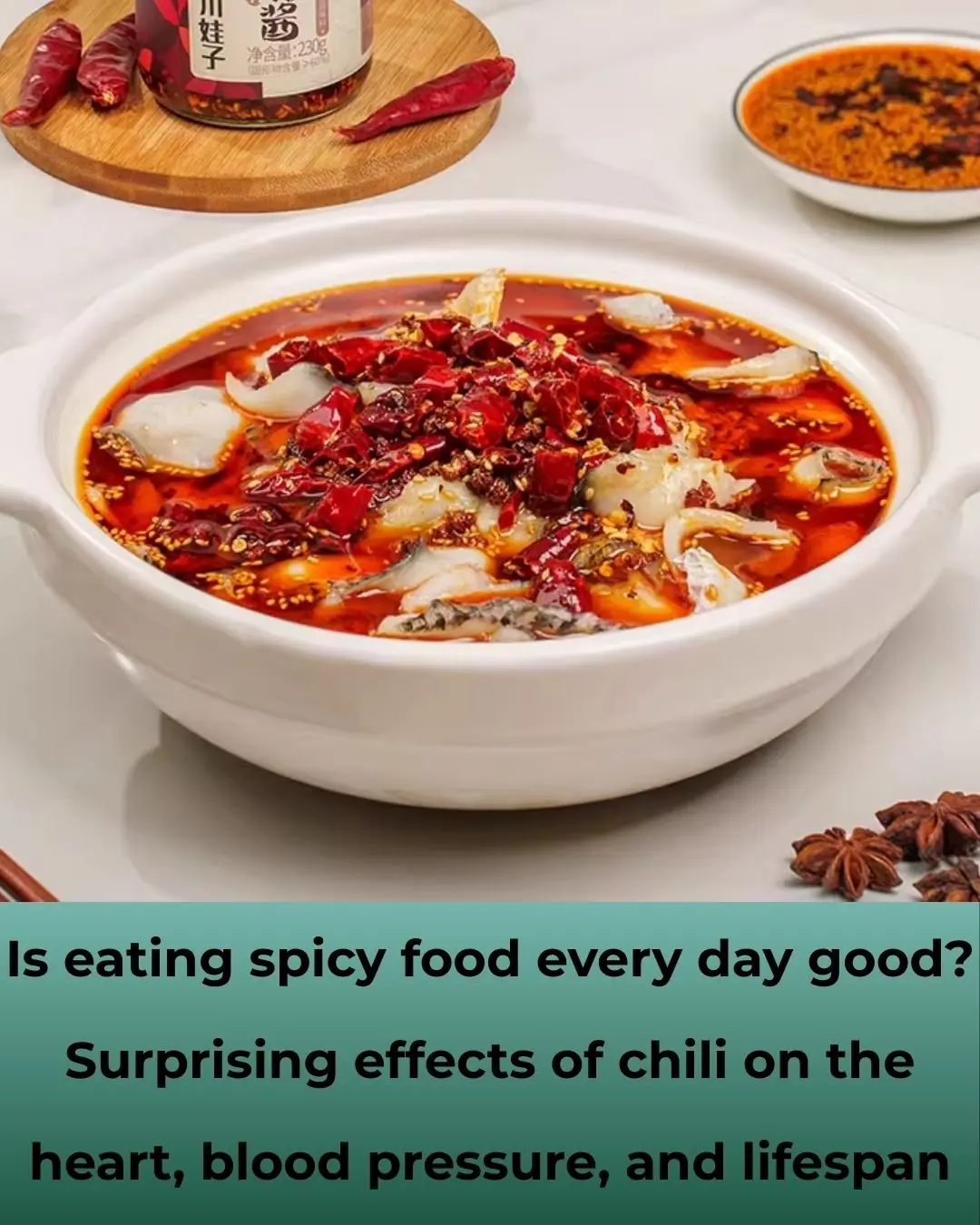
Is Eating Spicy Food Every Day Good for You? Surprising Effects of Chili on the Heart, Blood Pressure, and Longevity

If You’re a Gardener, Here’s Why You Should Collect as Many Pine Cones as You Can

You’re Doing It All Wrong. Here’s the Right Time to Actually Pick Tomatoes
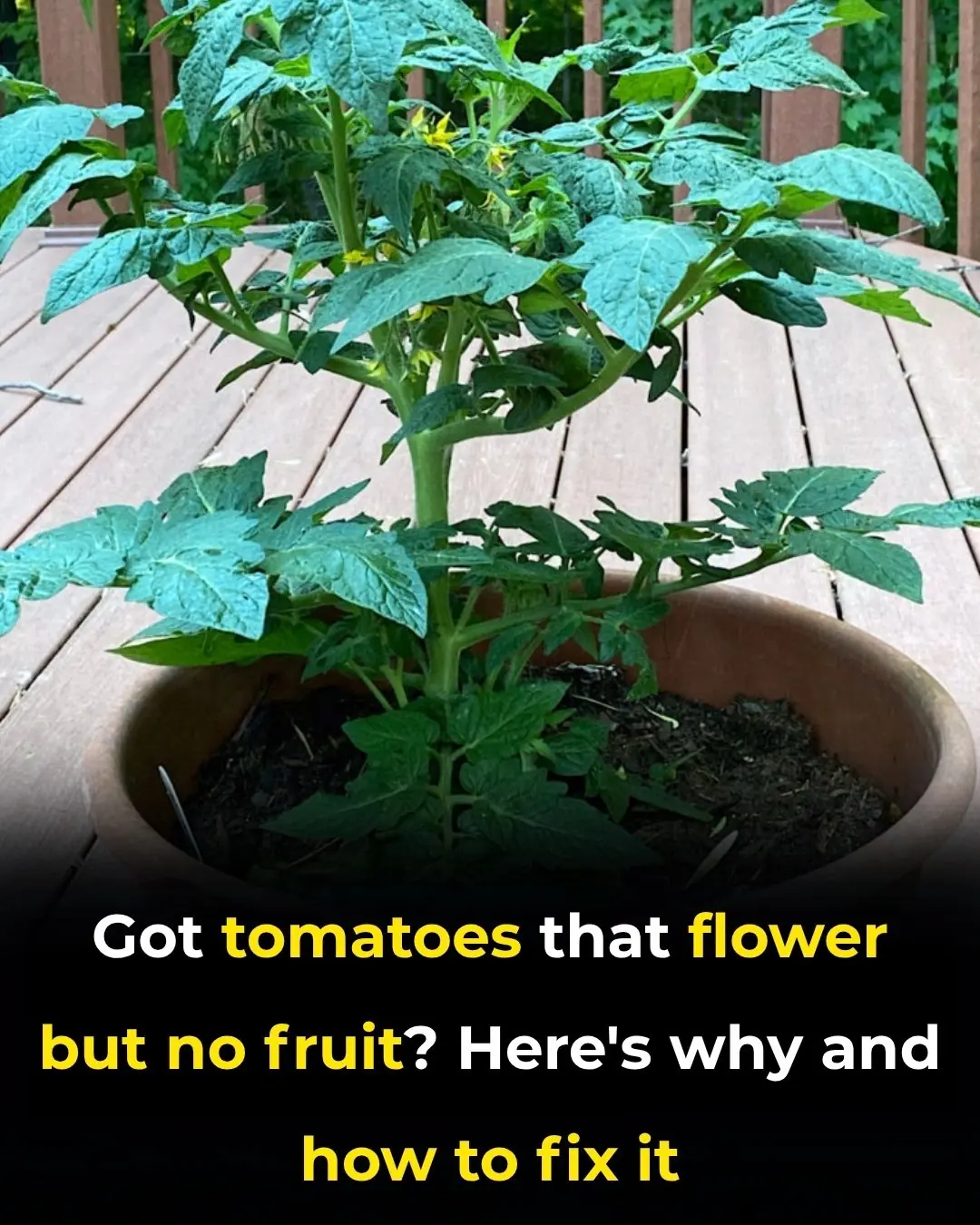
“Got Tomatoes That Flower But No Fruit? Here’s Why & How to Fix It”

Didn’t Realize You Could Do This

‘He was a Snake’: Hugh Jackman’s Ex-Wife Plotting to Expose Everything Following the Actor’s Flirty Red Carpet Debut with Sutton Foster

6 Ways Dr. Martin Luther King Jr. Changed America

Howard Alumni Phylicia Rashad and Taraji P. Henson Surprise Student With a $25K Scholarship

Great-Grandmother Receives College Degree At 78-Years-Old

5 New Things To Teach Your Child About Bessie Coleman

This Family of Four Is Providing Black Families With Top-Rated Luxury Bookings

Celebrating Angela Davis: 5 Things You May Not Have Learned About the Iconic Activist

Huge blow for Cat Burns and Alan Carr ahead of Celebrity Traitors final as Brits back Faithfuls to win

Strictly pro Kai Widdrington ‘in trouble’ over brutal comment to Vicky Pattison: ‘So bad’

Why The Celebrity Traitors isn’t on BBC One tonight and when you can watch The Final and Uncloaked
“Now this method is so clever! Wish I thought of it!”
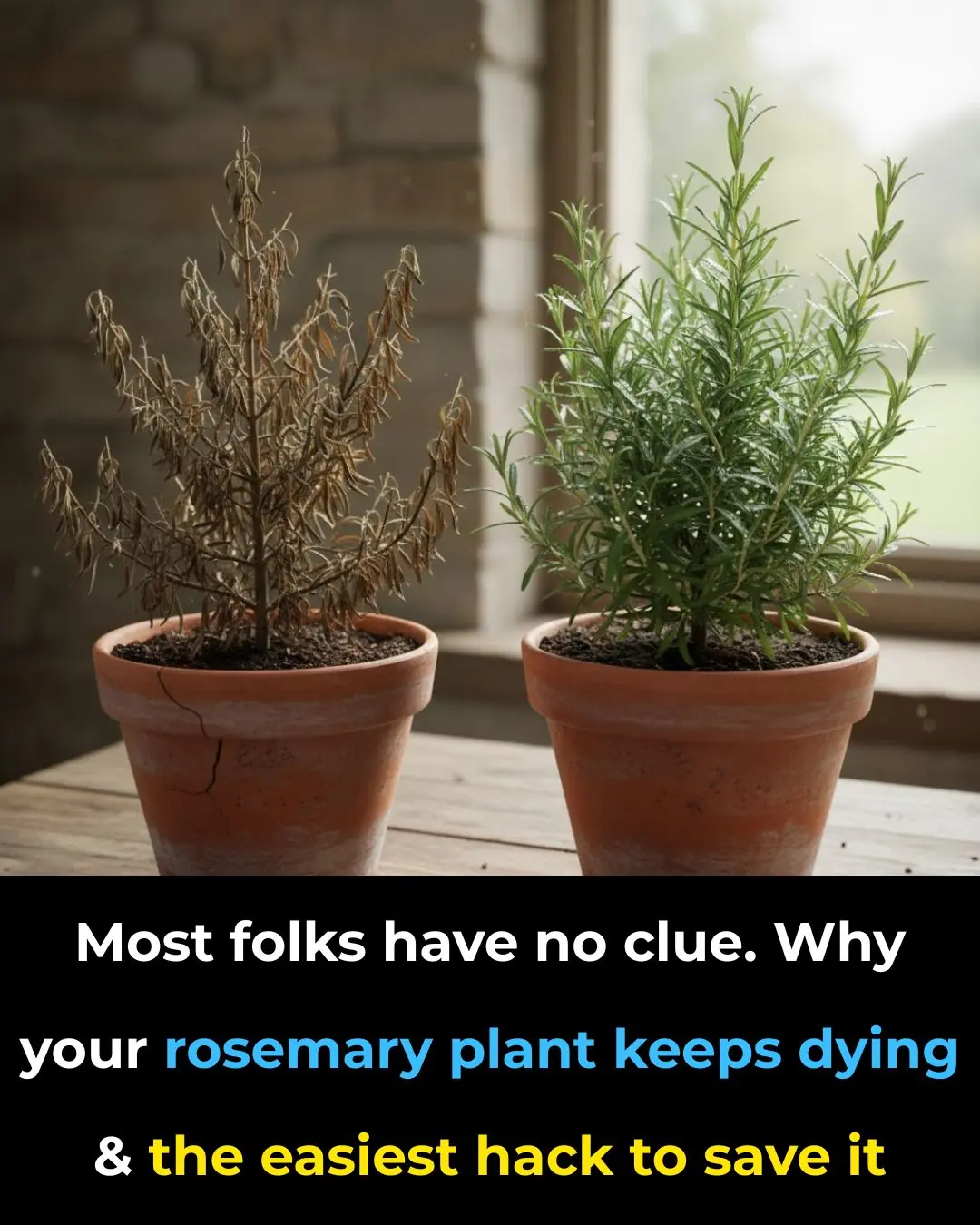
Why Your Rosemary Keeps Dying — And The Easiest Hack To Save It
News Post

Senna Alexandrina: 7 Benefits and uses
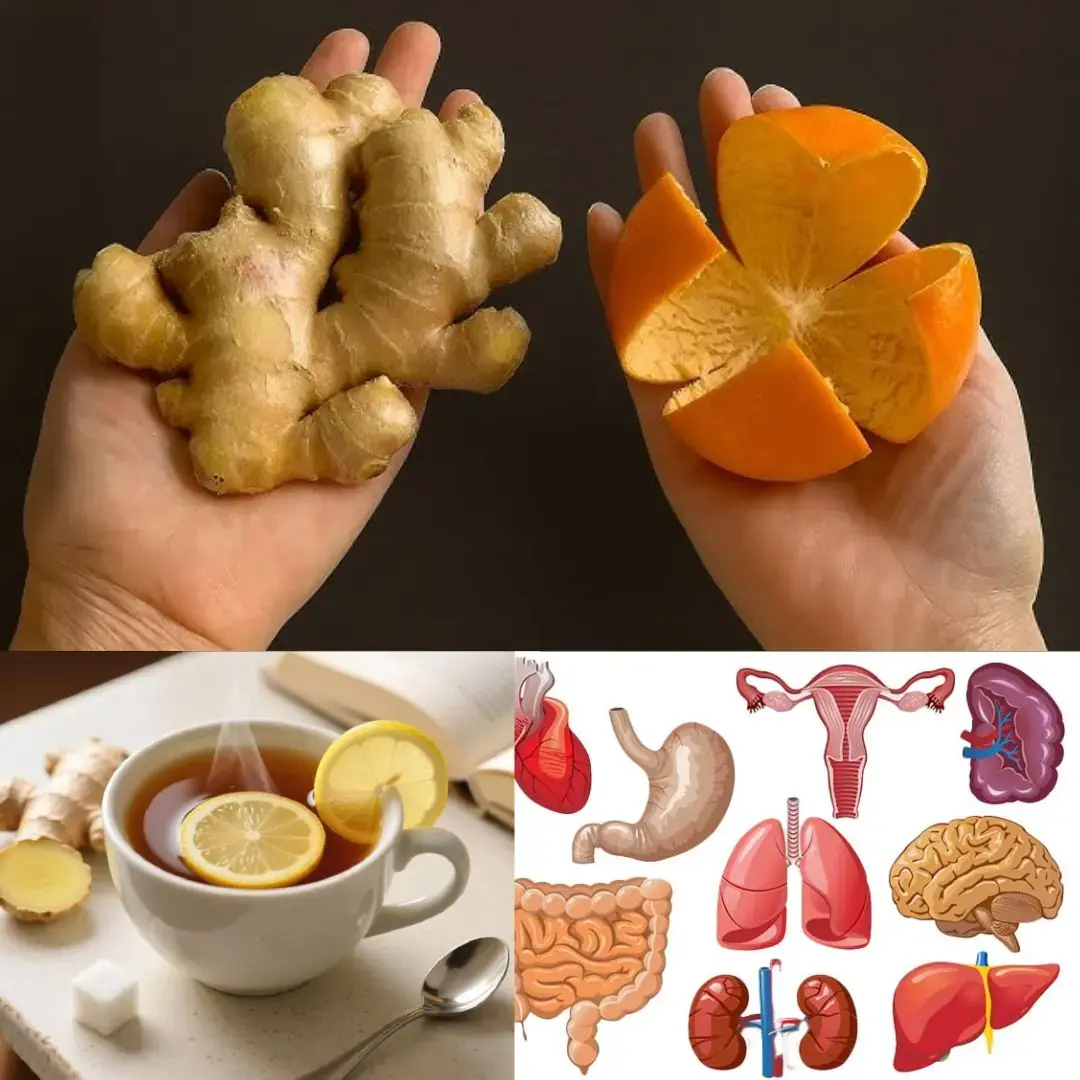
Ginger and Orange Detox Drink – Cleanse Kidneys, Liver, and Lungs Naturally

The Purple Maguey Plant — Benefits and Traditional Uses
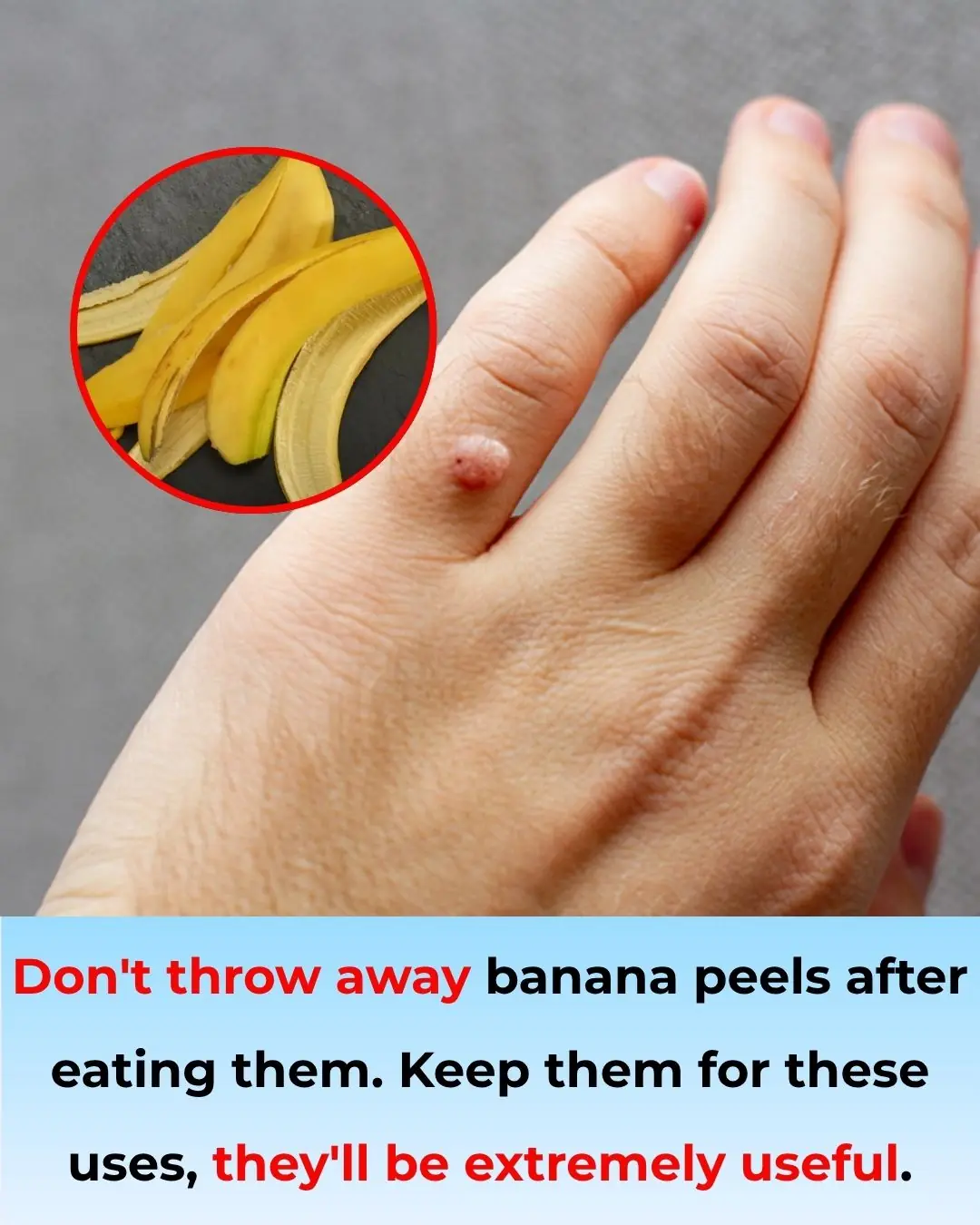
Don’t Throw Away Banana Peels! Keep Them for These Surprisingly Useful Purposes
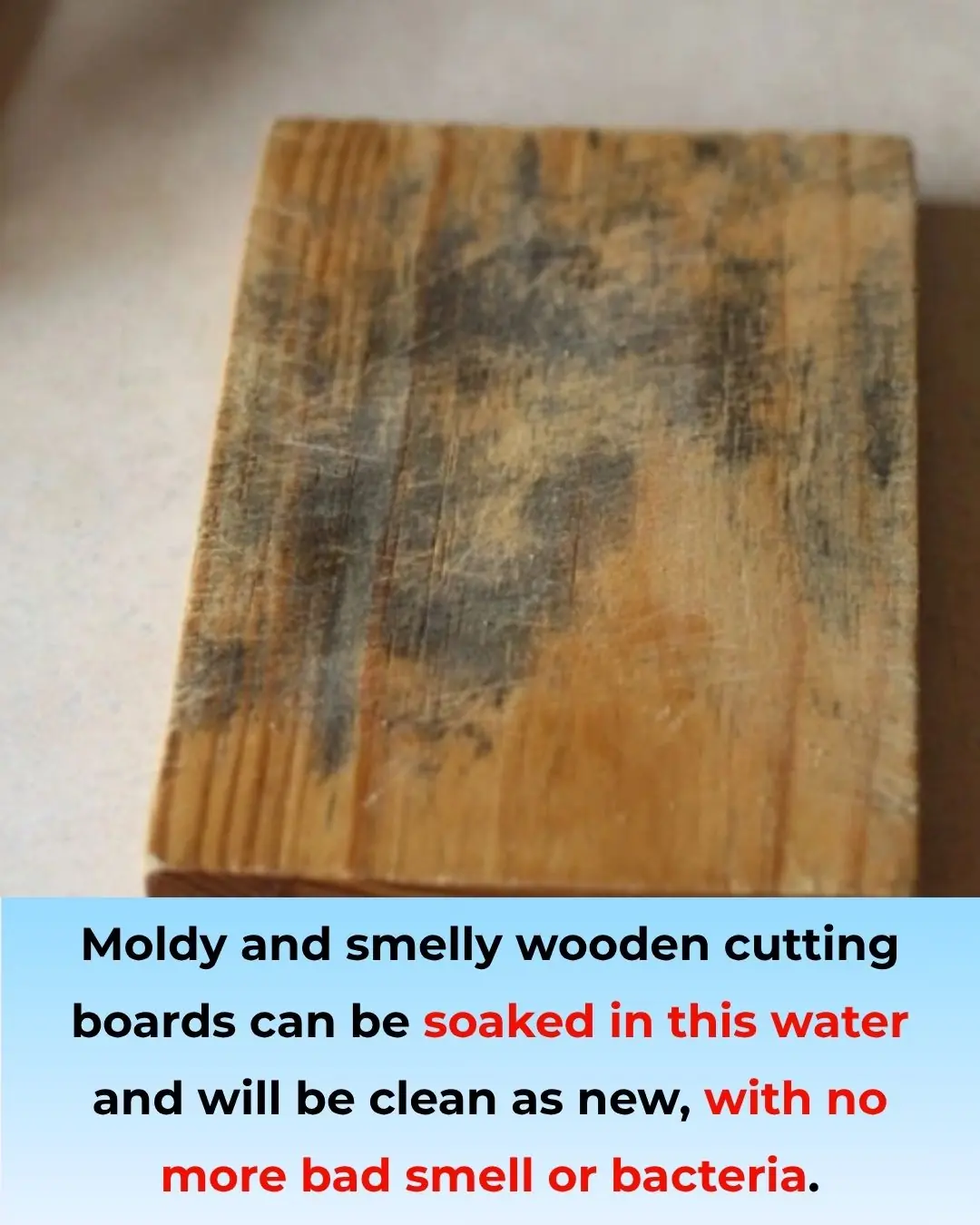
Wooden Cutting Board Mold and Odor? Soak It in This “Solution” and It Will Be Spotless

Lard or Vegetable Oil: Which Is Better? Many People Still Misunderstand This Common Cooking Question

Clogged Toilet? Try This Simple Trick and It’ll Flush Smoothly in Just 5 Minutes — No Plumber Needed

Air Conditioner Blows Air but Doesn’t Cool? Try This Simple Fix Before Calling a Technician
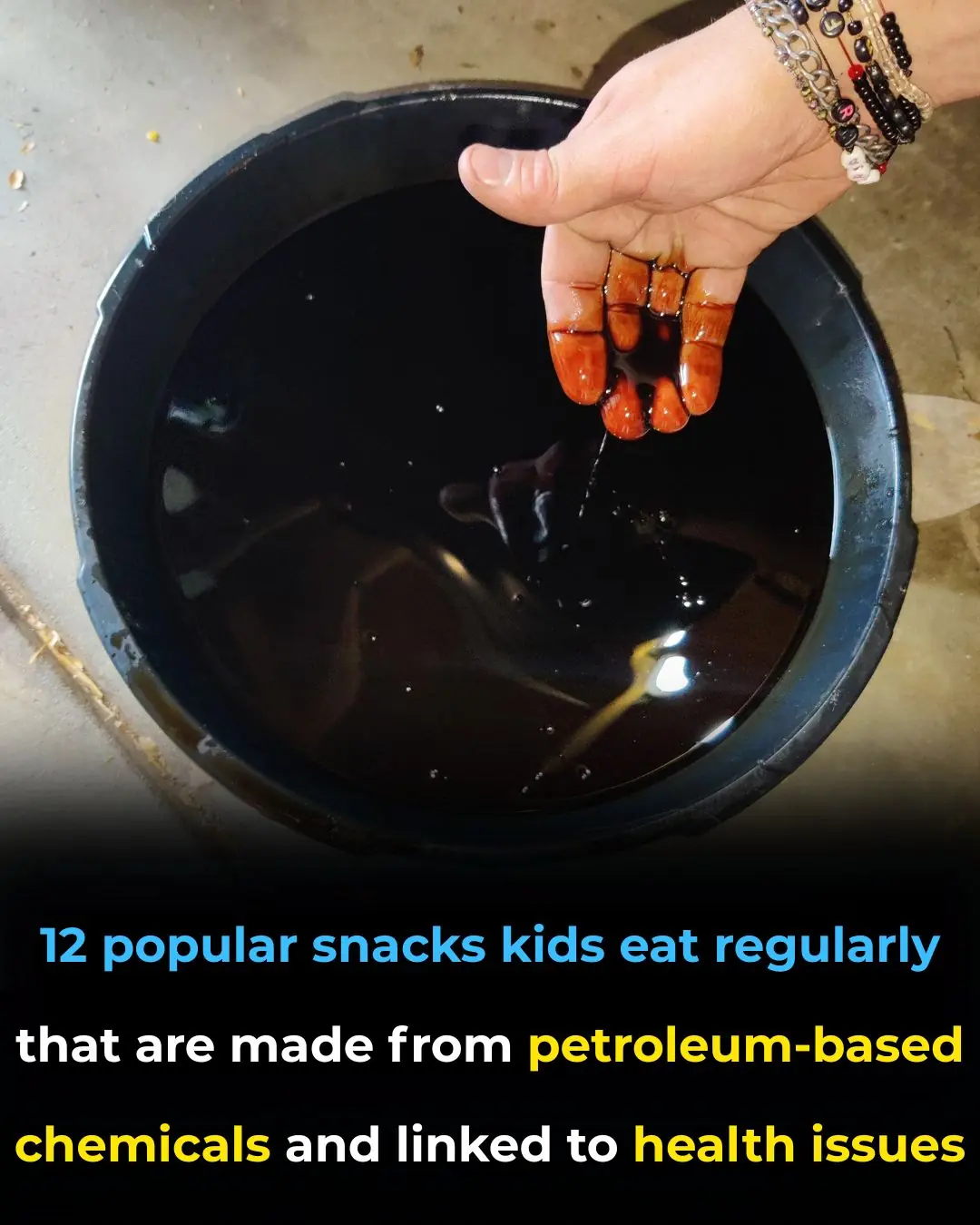
I had no idea about this

Majority Don’t Know What This Sign Means
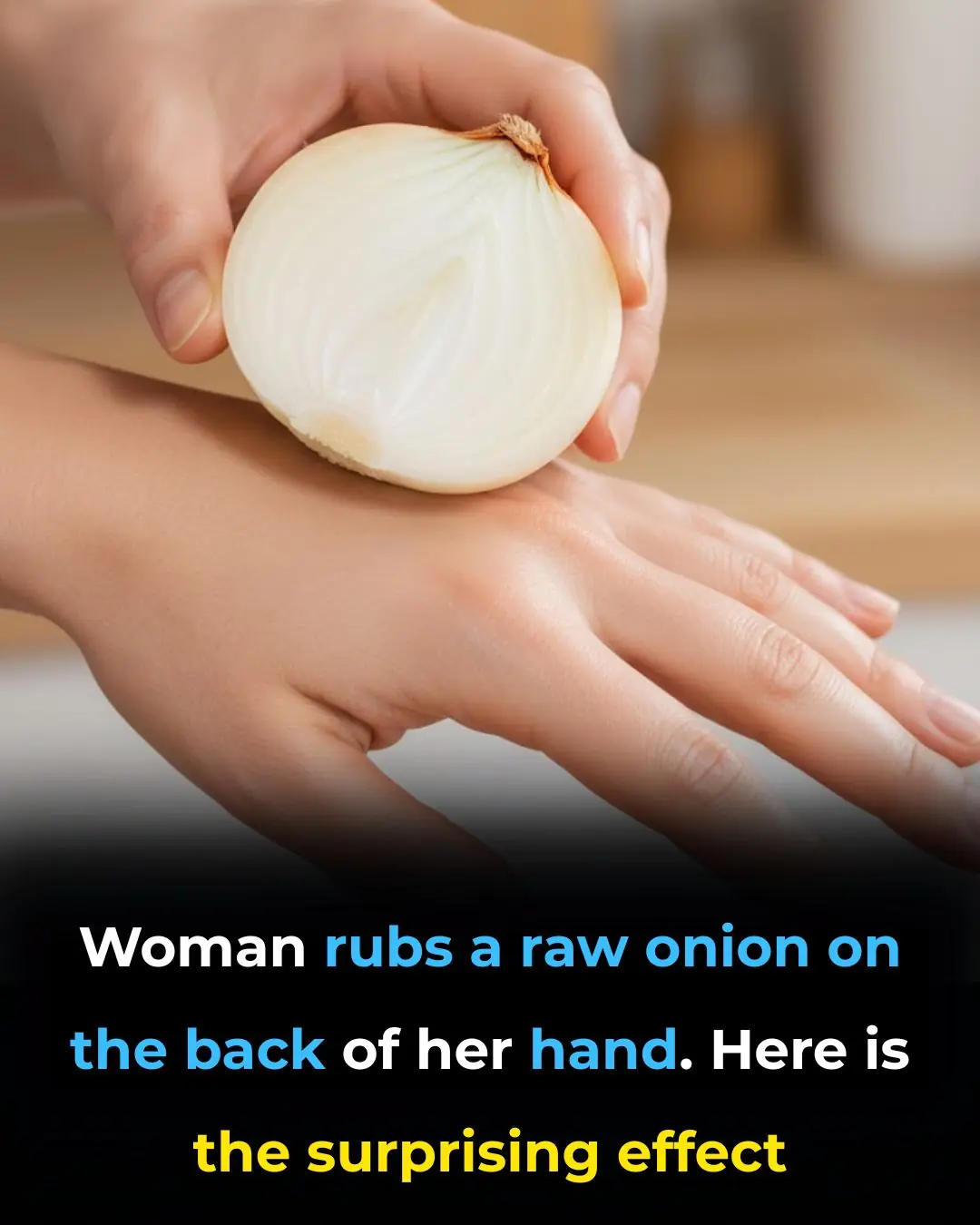
I had no clue about this

Have $2 bills? Their value might surprise you!

Put lemon and baking soda in a glass and place it in a room you frequent. Here’s why

You’re Doing It All Wrong: Here’s the Right Time to Pick Tomatoes

7 Health Problems That Can Arise If You’re Lazy About Drinking Water

Is Eating Spicy Food Every Day Good for You? Surprising Effects of Chili on the Heart, Blood Pressure, and Longevity

If You’re a Gardener, Here’s Why You Should Collect as Many Pine Cones as You Can

You’re Doing It All Wrong. Here’s the Right Time to Actually Pick Tomatoes
